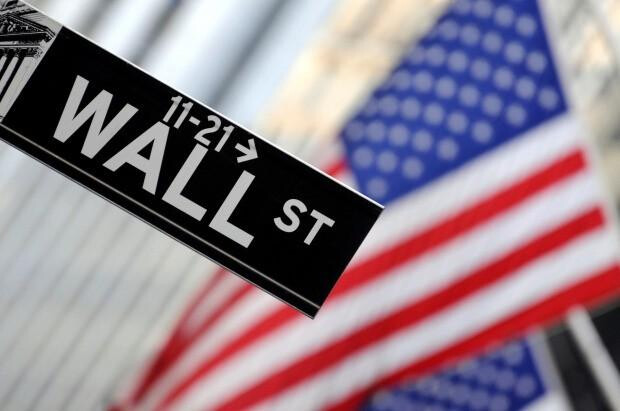
The rise of the artificial intelligence (AI) industry is shaking up the top spot in US stock market capitalization this year. In June alone, Microsoft (MS), Apple, and Nvidia took turns claiming the No. 1 spot. This contrasts sharply with the South Korean stock market, where Samsung Electronics has been the undisputed leader for 24 years.
MS overtook Apple on January 12th, closing out the day as the top company by market cap. Apple's reign at the top was attributed to a slowdown in smartphone demand and the rapid growth of the AI industry.
MS has been quick to invest in generative AI, represented by ChatGPT. MS also incorporated a feature into its PC operating system (OS) Windows that allows users to summon the AI assistant 'Copilot' with the touch of a button. MS dominated the PC era, but fell behind Apple in the 2010s as it failed to respond to the shift to smartphones in a timely manner.
However, MS's return to the top was short-lived, lasting only five months. On June 13th, Apple reclaimed the top spot after about five months. Apple's stock price soared thanks to positive reviews of its new service combining voice assistant 'Siri' with GPT.
Less than a week later, on June 18th, US semiconductor design company Nvidia overtook Apple to become the No. 1 company by market cap for the first time. This was because the high-performance graphics processing units (GPUs) that Nvidia makes are best suited for providing AI services. In June, Microsoft, Apple, and Nvidia each took turns at the top spot, all fueled by the AI boom.
The top companies in the US stock market reflect changes in industry. In particular, the No. 1 spot shows the rise and fall of industries. In the 1960s, US telecommunications infrastructure company AT&T and automobile manufacturer GM shared the top spot. In the 1970s, the advent of computers led to IBM's long reign. In the 1990s, the industry's center of gravity shifted from computer hardware to software, and MS rose to the top.
From the mid-2000s, as the dot-com bubble burst and the 'shale gas revolution' took place in the US, energy company ExxonMobil maintained its position at the top of the market throughout the 2000s. Since the advent of smartphones in the 2010s, Apple has held the top spot for a long time.
In contrast to the frequent changes in the top company in the US stock market, Samsung Electronics has been the dominant player in South Korea. Samsung Electronics has maintained its position as the top company for 24 years (based on the closing price of each year) since 2000. This record is expected to continue for the 25th year, as Samsung Electronics' market cap is significantly larger than that of SK Hynix, the second-largest company.
Even when the scope is expanded to the top 10 companies by market cap, the changes are minimal. Of the top 10 companies in 2004, only three companies, Samsung Electronics, Hyundai Motor, and Posco Holdings, remained in the top 10 last year. In contrast, MS is the only company that has maintained its position in the top 10 in the US for the past 20 years.
There are also few new companies that have entered the top 10. The most recent company to enter the top 10 was LG Energy Solution in 2022, but it is not considered a new company as it was newly established through a spin-off from LG Chem. Excluding LG Energy Solution, the most recent case is Samsung Biologics, which entered the top 10 in 2018.
The lack of change in the top companies by market cap can be seen as a sign of crisis for the South Korean economy. Despite the recent talk of 'Samsung Electronics' crisis', the company's market cap share is over 13%. Although it has decreased from over 17% a year ago, it still has a gap of more than 8 percentage points with SK Hynix, the second-largest company. This means that even if Samsung Electronics loses its competitiveness, no company or industry has emerged to replace it.
Corporate change is accelerated when there are competitors. The rapid change in major industries in the US and the ability of MS, Apple, and Nvidia to ride the new wave of AI were possible because of strong competitors. Samsung Electronics' dominance could be toxic to the South Korean economy and businesses.
[Copyright (c) Global Economic Times. All Rights Reserved.]



























